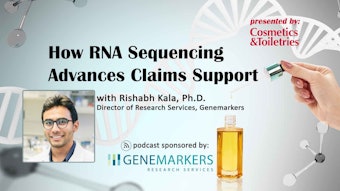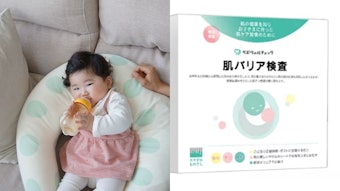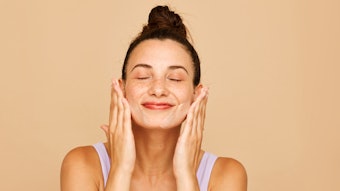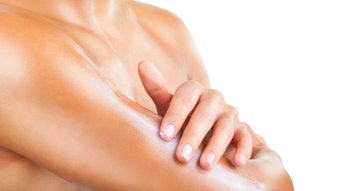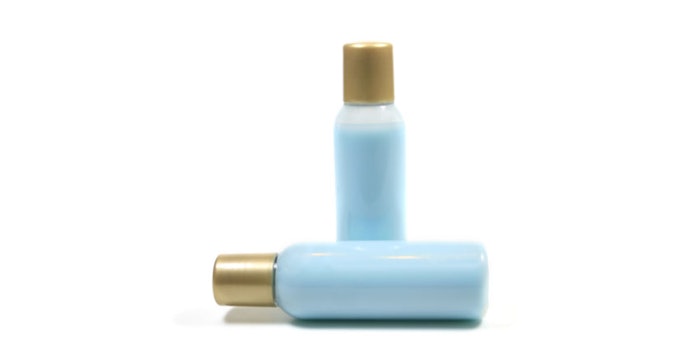
Retinol is the go-to ingredient in many consumers' anti-aging regimens, but a new study reveals that bukuchiol is just as effective—with less skin scaling and stinging. The research, published in the British Journal of Dermatology, showed that both bakuchiol and retinol equally decreased wrinkle surface area and hyperpigmentation.
Study Protocol
In a randomized, double-blind assessment of 44 subjects, topical bakuchiol and retinol were compared for their ability to improve signs of photoaging. Over 12 weeks, subjects applied either 0.5% bakuchiol cream twice daily or 0.5% retinol cream daily. High-resolution photographs were taken and analyzed at 0, 4, 8 and 12 weeks.
Subjects also completed tolerability questionnaires to review side effects. Additionally, in a blinded manner, a board-certified dermatologist graded pigmentation and redness.
Test Results
Results indicated bakuchiol was comparable to retinol in its ability to improve photoaging; differences in effects were not statistically significant. Bakuchiol also was better tolerated than retinol, suggesting its potential as an alternative option.
About Bakuchiol
Bakuchiol is a meroterpene found in Psoralea corylifolia. Early studies suggest it is a functional analog of topical retinoids since it induces similar gene expression. It also has been shown to stabilize retinol.
Several additional benefits of bakuchiol include: antioxidant, anti-inflammatory, antibacterial, anti-tumor, hepatoprotective, caspase-3-dependent apoptosis, melanin inhibition and more. Previously, in vivo studies had not compared the two compounds for efficacy or side effects, but the present results suggest bakuchiol offers a natural and safer alternative.
